SEE ME: Stories
Right now, millions of families around the world are facing severe food shortages, fleeing their homes in search of safety, and navigating life without access to safe, clean water. These are the stories of three women who have persevered through circumstances beyond their control.
SEE ME: I am Maryama, Ethiopia
People in parts of Ethiopia walked three days to get their families to water to survive the worst drought the country has endured in 30 years. Maryama says she is in desperate need of food, water, and medicine for her children.
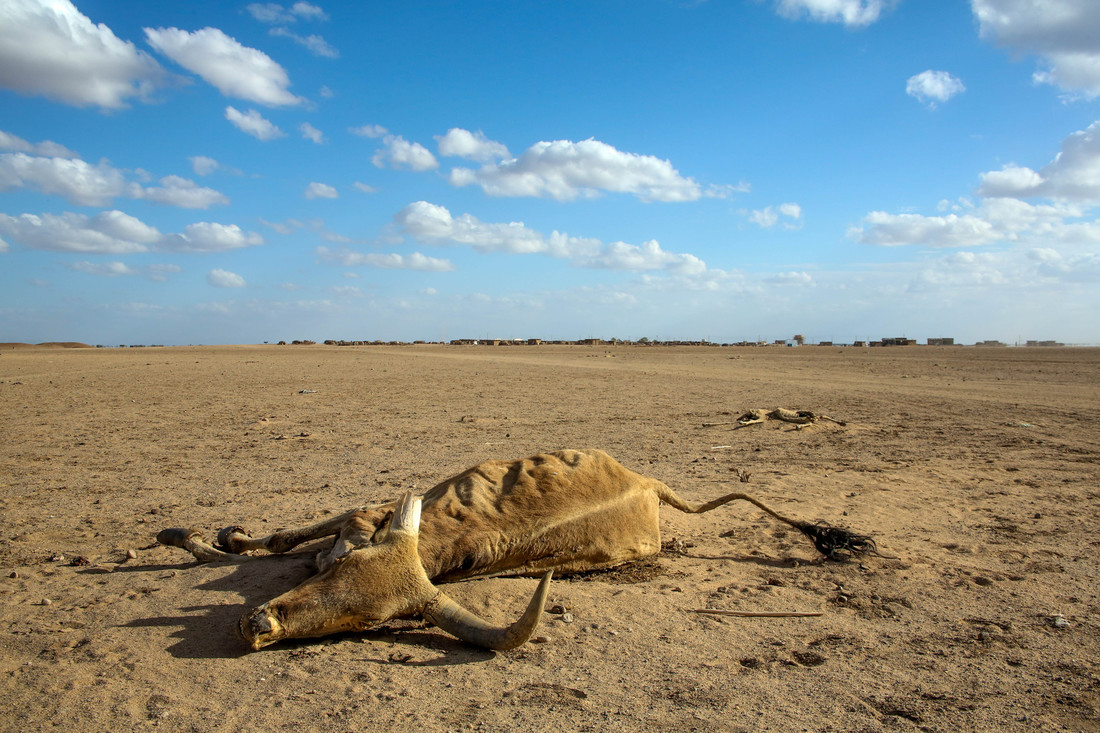
In the Somali region in the east of the country, many people have told Oxfam that they are dependent on food and water aid to survive. The pastoral areas are facing acute water and food shortages.
Oxfam is helping over 280,000 people in three areas of the country by trucking in water, repairing boreholes and wells, and giving out animal feed. We plan to reach 700,000 more people with your help.
SEE ME: I am Farduz, Somaliland
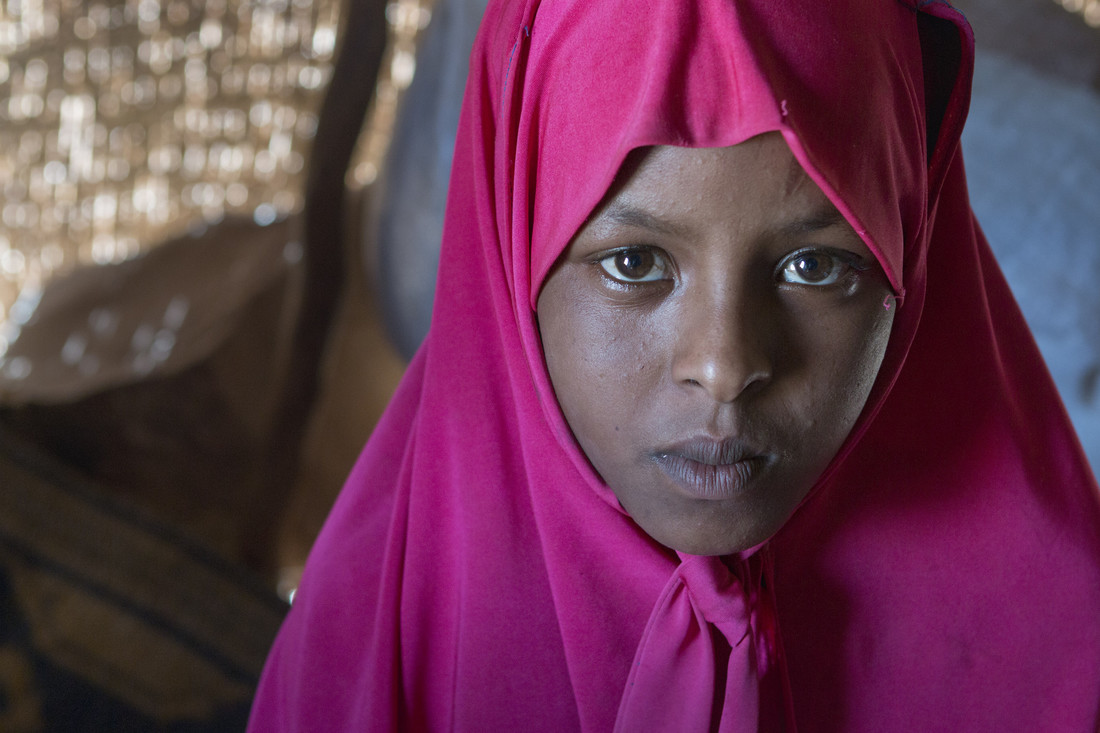
Farduz is 11 years old. Like many young girls living in poverty, she helps with various chores like fetching water.
“I miss going to school; I miss my friends and reading all the stories from our course books,” Farduz says quietly. She hasn’t been to school for the past six months.
Her family is a family of herders and they used to have 300 sheep. Last year their animals started dying because of lack of pastures. Now they only have two left.
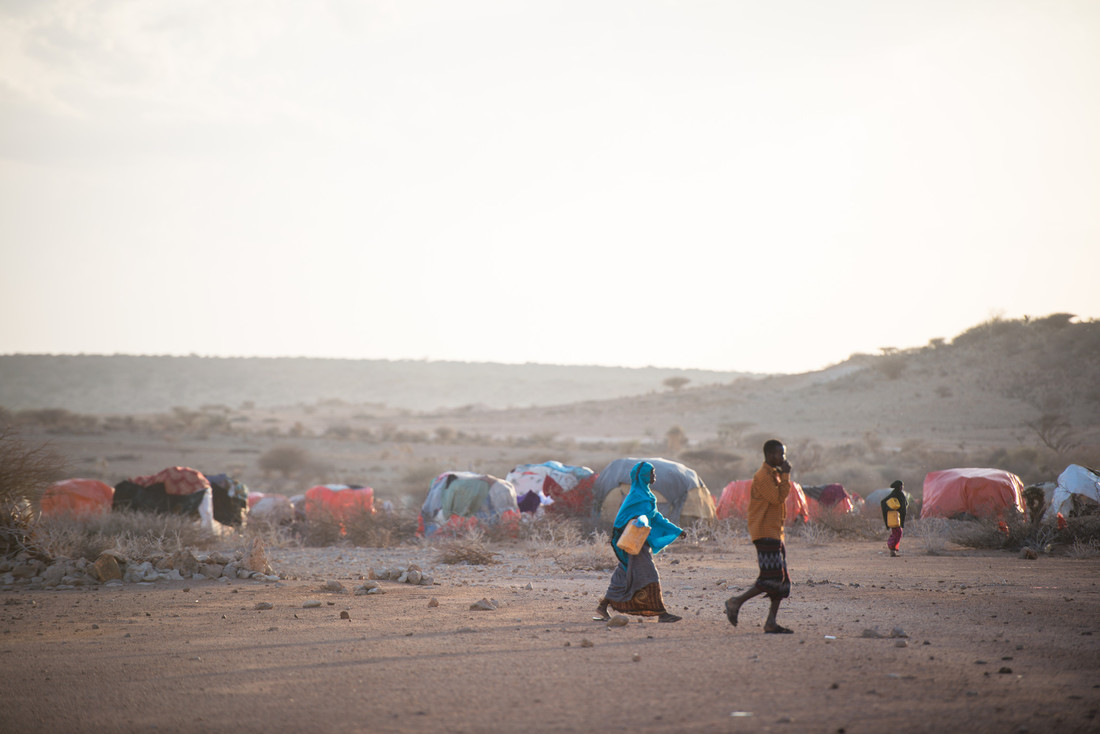
“Please tell the world that we need medicine and help must come. We are sick- the water is undrinkable, it is salty. We suffer from flu, diarrhea. We need food – we only have some flour to make some njuma (pancakes) with.”
“We have never seen such drought – the richest man is now poor because of it, and the poor have become even poorer.”
Oxfam’s humanitarian response in Somaliland will provide families with clean water, sanitation and cash assistance for food. We hope to expand our response to reach a further 200,000 people over the next 12 months.
SEE ME: I am Laila, Bangladesh
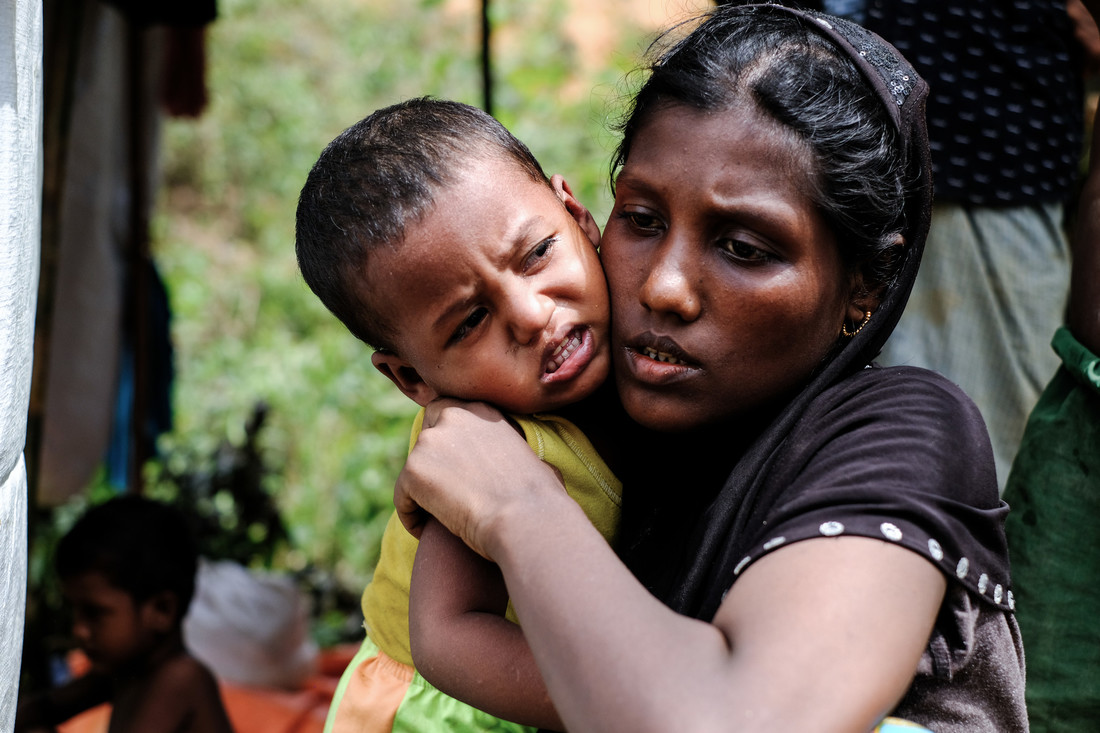
When Laila was five months pregnant, she traveled by boat to Bangladesh with her two young children. She received food and a piece of tarpaulin before being transported by truck to Balukhali Refugee Camp.
Her husband went missing as she fled and doesn’t know if he is dead or alive.
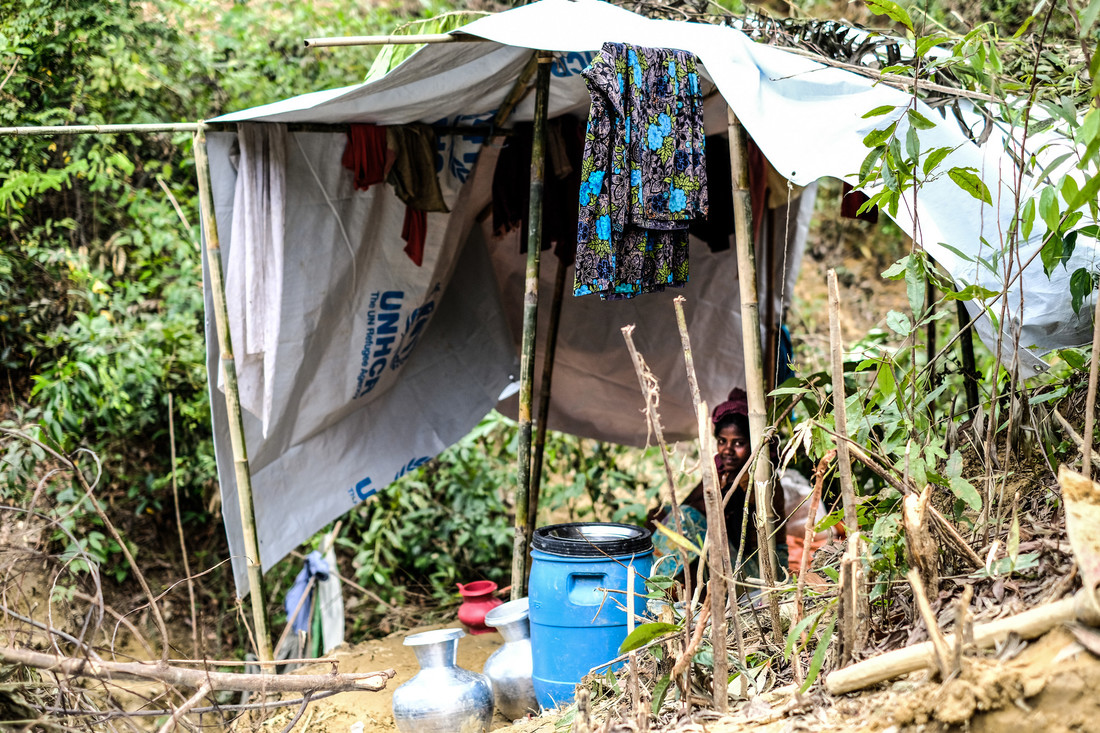
Laila speaks of the refugee camp: “There are lots of problems, no water, no place to go to the bathroom, there is no place to take a shower. We dig holes to get water. This is a hilly place, we can’t go to fetch water. So we dig holes to get water and use it to cook. It is dirty. People go to the toilet here, but as we can’t live without water so we are drinking it,”
Oxfam is working with local partners in Bangladesh to assist with the current humanitarian crisis. We hope to reach 200,000 more people with aid including emergency food, water, shelter and proper sanitation.
You can help women like Maryama, Laila and Farduz. Donate today and save a life:
![]()

